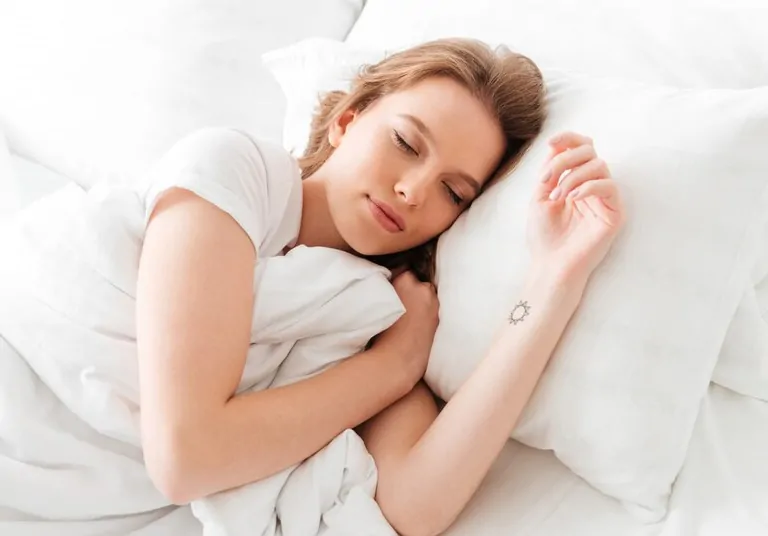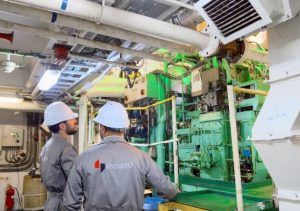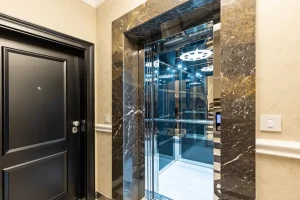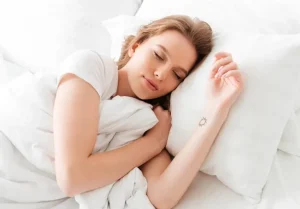Common Options For Sleep Apnea Treatment

Sleep apnea affects breathing during sleep and may lead to interruptions that disturb rest. Oral treatments are often considered as they provide non-invasive methods to manage the condition. These treatments work by adjusting the position of the jaw or tongue, supporting airflow, and improving nighttime breathing patterns.
Mandibular advancement devices:
Mandibular advancement devices are oral appliances created to move the lower jaw slightly forward. This adjustment keeps the airway open, reducing the chances of obstruction during sleep. These appliances are typically fitted to the teeth and worn at night. They are especially useful for individuals with mild to moderate sleep apnea treatment.
Tongue retaining devices:
Tongue retaining devices work by holding the tongue in a forward position. This prevents it from collapsing toward the back of the throat and blocking airflow. The device uses a small section that gently secures the tongue, allowing clear passage of air. These are suitable for people whose sleep apnea is linked to tongue movement.
Hybrid oral appliances:
Hybrid appliances combine features of both mandibular advancement and tongue retaining devices. They stabilise the jaw while also preventing the tongue from moving backward. This dual approach is beneficial for people whose airway blockage results from multiple factors. The design provides a broader scope for managing the condition effectively.
Custom-made oral devices:
Custom-made oral devices are tailored to fit the individual’s dental structure. They are usually recommended by specialists and adjusted to increase effectiveness. Since they match the exact shape of the teeth and jaw, they offer a precise fit that supports consistent airway stability. Customisation also improves durability compared to prefabricated devices.
Over-the-counter oral devices:
Over-the-counter oral devices are pre-formed appliances that can be purchased directly. While they may not provide the same precision as custom-made devices, they are accessible for those looking for a general solution. They are usually adjustable to some extent and can act as a temporary method before professional assessment.
Oral treatments for sleep apnea provide practical ways to improve airflow during rest. Mandibular advancement devices and tongue retaining devices address specific causes, while hybrid appliances cover multiple issues. Custom-made devices ensure a precise fit, and over-the-counter appliances are more general. These methods give different approaches to support breathing and create better sleep patterns.




